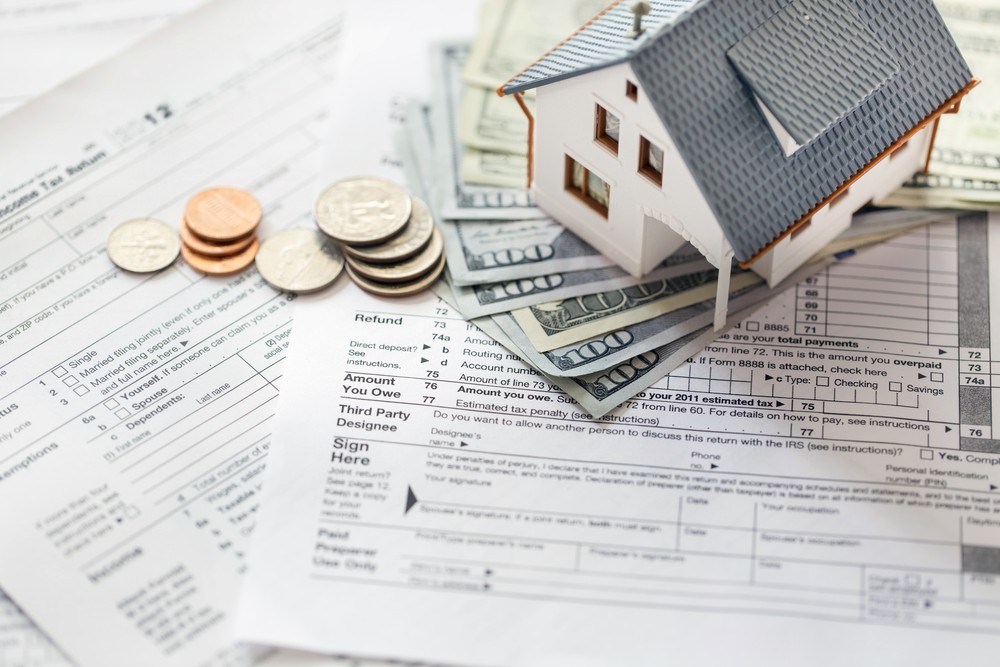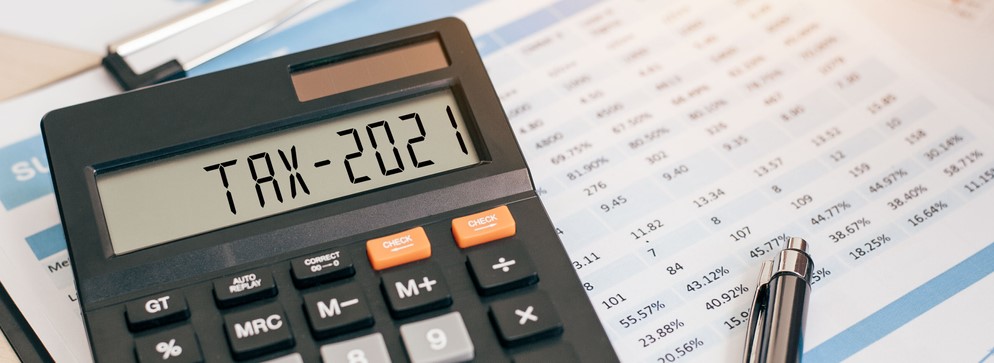Being a homeowner means you can potentially benefit from multiple tax breaks if itemizing deductions on your tax return makes financial sense. However, itemizing your deductions are only beneficial if it exceeds the IRS standard deduction. To decide whether or not it’s worth it, start by adding up all the deductions you qualify for and compare it to the standard. No one wants to pass up an opportunity to save on taxes, so read on to learn more about tax deductions that may apply to you.

Property Tax
A property tax deductible is one of the benefits of being a homeowner. You can deduct up to $10,000 or $5,000 if you’re married filing separately. You might also be able to deduct property and real estate taxes on vacation homes, land, vehicles, etc. The IRS does not allow deductibles on property you don’t own and property taxes you haven’t paid yet. If you rent a home, you also cannot write off any property taxes.
Mortgage Interest Rates
A mortgage interest deductible allows you to reduce your taxes by how much interest you’ve paid during the year. Most homeowners are able to deduct all of their interest expenses. However, it’s important to seek the advice with a financial advisor because there are certain limits. According to NerdWallet, “the deduction is limited to interest on up to $750,000 of debt”. If it exceeds this amount, then you may not qualify for a tax deduction.
Rental Income Deductions
If you’re paying a mortgage with renters living on the property, then you qualify for a rental income deduction. The money you receive for rent can be considered taxable in the same year your receive it. Repairs, such as painting, fixing utilities, and other maintenance, is a deductible expense. However, improvements that add value to the property, such as a completely new roof or patio, are not deductible.

Home Office Expenses
You can only deduct home office expenses if you are self-employed and are working out of your home. These expenses can be divided into two categories: direct and indirect. Direct expenses apply only to the area designated as your home office and is used only for business. Maintenance and repairs applied to only that area can be considered as fully deductible expenses. On the other hand, indirect expenses involve the maintenance of your entire home. These expenses are only deductible to a certain percentage based on the square footage of your office.
Home Medical Equipment
If you have healthcare or medical equipment installed in your home for you, your spouse, or a dependent, then you can get this deducted. This also includes home improvement costs for installing ramps, rails, an escalator system, widening doorways, and so on. Be sure to keep the documents of your medical equipment including those that confirm it was approved or recommended by a medical specialist.
Solar Power
Did you know adding solar power panels to your roof can be added to your tax deduction? Not only is it better for the environment but it will also benefit as tax credit. Beginning in 2021, homeowners can take 22% of the cost of installing solar systems. However, this benefit will be lost by 2023, while commercial and utility users can only claim 10%. Homeowners should take advantage of this benefit while they can.

Conclusion
Overall, there are many potential tax breaks that you may benefit from. Always be sure to keep your documents of proof organized and safe. If you need help compiling your deductibles or are in need of financial advice, rely on MARIELA RUIZ, CPA, PLLC. We are here to make the process easy and stress-free. Learn more about our services by visiting our website or calling us at (956) 997-0067.